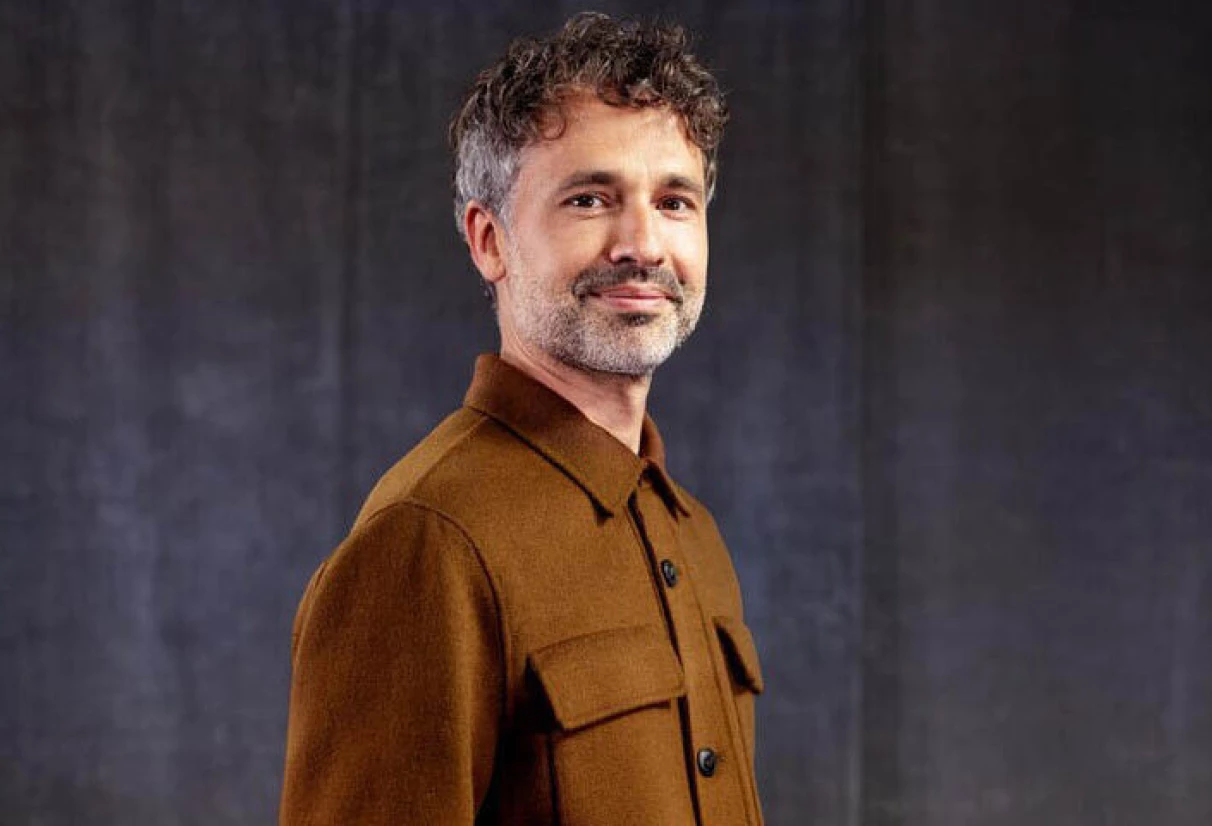
Experience essential masterpieces as presenter Thomas Vanderveken unravels their subtleties and reveals the secrets behind them.
Dvořák composed this symphony in 1892, during his tenure as director of the National Conservatory of Music of America. This unique institution in the United States promoted music education for all, including women and people of color—a rarity in the post-Civil War era. During this time, Dvořák had the opportunity to hear artists such as Harry Burleigh, a Black baritone and composer, who introduced him to Negro spirituals. Inspired by these melodies, Dvořák crafted the powerful and lyrical themes of his Ninth Symphony, which would become one of the greatest successes of his career.
Beethoven’s Sixth Symphony is arguably one of the most influential works in music history, alongside his Fifth Symphony. In fact, both were premiered on the same evening, each offering a distinct perspective on music. While the Fifth focuses on musical material itself and the abstraction that emerges from it, the Sixth tells a story, explicitly outlined in the titles of its movements. In this work, programmatic narrative takes precedence over formal conventions. Beethoven allows himself creative freedoms that would gradually redefine the boundaries of the symphonic genre.
The Symphonic Dates are part of the Start to Classic subscription.
